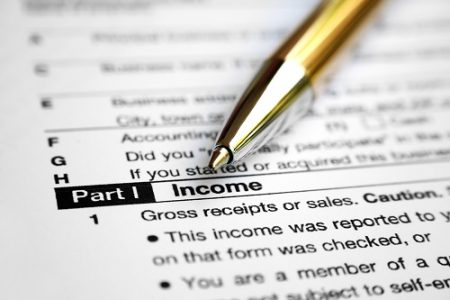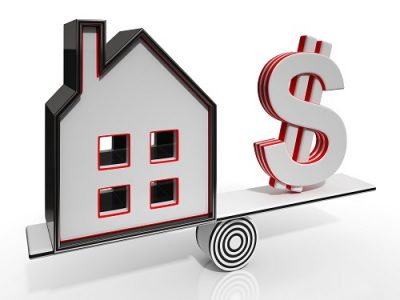Ever since 2005 to be eligible to file Chapter 7 bankruptcy, you must pass the means test. To determine your eligibility, you will fill out the form “Statement of Current Monthly Income and Means Test Calculation.” This test will determine if your income is equal to or less than the median income in your state. … Read more
In both Chapter 7 and Chapter 13 bankruptcy, you are allowed certain possessions to be exempt from creditors. Each state has its own laws to determine what property is exempt. Exempt property cannot be taken by creditors or your trustee to be sold and that money distributed to your creditors. Federal or State Exemptions If … Read more
Besides eliminating your qualifying debt, a benefit you get from filing bankruptcy is the automatic stay. This court order goes into effect as soon as your file your petition with the court. The automatic stay stops all collection attempts against you. Creditors must go through the bankruptcy court regarding any debt that you owe. How … Read more
When you file chapter 13 bankruptcy, you are required to make your first payment within 30 days of filing for bankruptcy. If the bankruptcy judge confirms your plan, your payment will be dispersed to your creditors. If your plan never gets approved and your case is dismissed, your payments will be returned to you, minus … Read more
Chapter 13 is considered a reorganization bankruptcy. This type of bankruptcy is used when you are in danger of losing your secured assets, such as your home or your vehicle if you get behind in your payments. When you file a Chapter 13 reorganization Bankruptcy, you will be given three to five years to catch … Read more
Chapter 13 is a type of personal bankruptcy for those that want to keep all of their property. This reorganization bankruptcy allows you time to catch up on your debt without losing any assets. This is an especially useful tool when you are in danger of losing your home or vehicle if you get behind … Read more
One of the least desirable aspects of filing bankruptcy is that it will remain on your credit report for ten years. Thinking you will not be able to obtain credit for that length of time can be a scary thought. If you are delinquent on your debt and are missing payments, these negative marks can … Read more
When bankruptcy comes to mind, you may think of your creditors taking all of your property to pay your debt. When actually, most of the time, you will lose little to none of your property when you file bankruptcy. Bankruptcy can be a way to keep your possessions like your home or your car if … Read more
When you file bankruptcy, you may worry about what will happen with your secured assets like your home or your cars. Bankruptcy provides some flexibility in dealing with your secured debt. Liens Sometimes bankruptcy can remove a creditor’s lien, making the debt unsecured and eligible to be eliminated with the rest of your unsecured debt. … Read more
Some people advise that bankruptcy should be the last resort when trying to get your finances under control. While there is certainly nothing wrong with trying other measures first before filing bankruptcy, sometimes by waiting too long, you could lose significant legal rights available to you. Automatic Stay It is essential that you speak to … Read more











